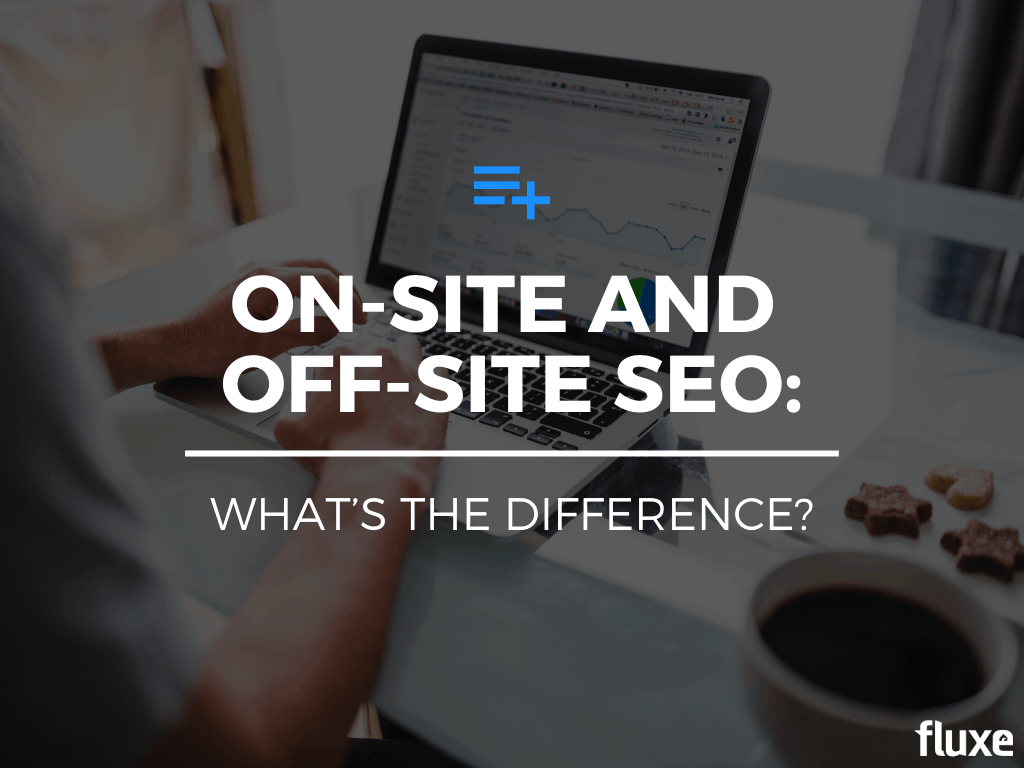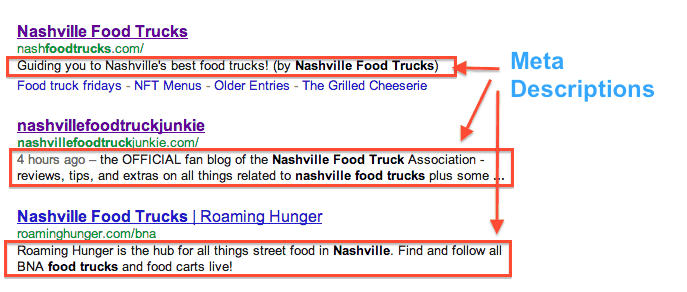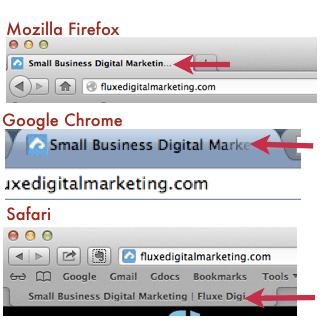The difference between On-Site and Off-Site SEO can fool even the most experienced Web Expert. Toss in content marketing, building backlinks and how to rank for high intent keywords in search engines and it’s tough to know even where to start!
So how do you put together all these pieces in a way that makes sense to drive qualified visitors to your website and still have time to run your business?
I’m going to break it down for you so that you know EXACTLY what in the world people are talking about when it comes to SEO.
You are going to learn how to:
- Build your website’s credibility for Google
- Increase qualified traffic to your website
- Maximize your sales opportunities on your website
On-Site Search Engine Optimization
Google organizes each page of your website like files in a file cabinet. The better organized your website is the easier you make it for Google to retrieve those website pages when someone searches for you.
On site SEO is the practice of optimizing your website to make it easy for Google to find it when someone searches for something you offer.
If you have a website that is easily navigable and provides users with useful, rich content you’re heading in the right direction. Actually, If you have an easy to use website, statistics show that you will increase sales. On the other hand, if you have a cluttered site that looks like a file cabinet after a Tornado, Google won’t bother with you.
Elements that affect the way your On-Site SEO strength is determined:
- Meta Descriptions – This description shares the content of the page in a snippet of information that tells Google what the specific page is about. The meta description also is a great way to get a user to click through to your website from search engines.
- Title Pages – Your page title describes what the page theme is about. For example, if you’re writing a page about “Filing Your Taxes” then you need a title similar to that theme. You wouldn’t want to title that page “Tax Season” or “Accounting Firm ABC” because they don’t showcase the theme close enough.
Website Page Titles
- Content – Create fresh and great content on your website to show your users that you’re an expert and to keep fresh content available on your website. This will help you get backlinks to your website and Google will be able to crawl to see the new content.
When building or maintaining a website to rank well for On-Site factors, its important to know what Google judges on. You can’t go wrong by starting with the three elements above.
Off-Site
Different from On-Site SEO, Off-Site SEO is all about external components of your website. You can directly adjust On-Site SEO elements as mentioned above, but that’s only half of it. You need to build trust with Google. Off-Site SEO is more important than ever. Your prospects are smart. They know that they can’t take a website at face value. They need to do some research to check out your competition and see what other people are saying about you.Link building statistics can be a useful tool to measure the effectiveness of your Off-Site SEO efforts and evaluate the impact of your backlink acquisition strategy on your website’s search engine rankings.
Google does that same thing. If quality websites are referencing your website in a positive way. Each website linking to a page on your site is a vote for your website to increase your search rankings. The more site referencing your’s, the better ranked your site will be.
So you do you get people to link to your site? You must create interesting, valuable and relevant content that’s worth sharing. In off-site SEO, quality beats quantity EVERY time. There’s many ways people try to cheat the system, but it’s never worth it and eventually Google will try to catch up with them.
Links are built to do specific things:
- Drive Traffic – Links point to your site for a few reasons but the most important is to get a qualified buyer to click on the link and go to your website. If one or many sites link to your website and they drives a bunch of traffic, then you now have organic (not paid for) users on your website.
- Increase Site Credibility – Whenever someone links to your site, it tells Google that you must be important if you’re getting linked to. This used to be a large part of ranking for specific keywords until people manipulated the system. Now you need to focus on high-quality websites over quantity of links. If TechCrunch points to your website vs. a web directory you will see that TechCrunch give your more link credibility than the directory.
- Build Relationships – Links are normally provided when someone says “You need to check out this company” and they are willing to give you a link. This can be caused from featuring them on a blog post, becoming an expert or just having great content that people want to share.
As you can see, combining Off-Site SEO and On-Site SEO can be beneficial and essential when growing and maintaining a website.
Start building backlinks to your website today!
Here are some resources to get started building links by blogging:
6 Critical Questions To Focus Your Blogging Strategy
Are Some Industries Too Boring For Blogging?
3 Simple Formatting Tweaks To Make Your Content More Readable
How To Free Up Your Time With Existing Content
How To Keep Your Content Relevant To Your Audience
Image by Michele Catania





